Baidu is considered the “Google of China”. Recently, Qu Jing – the head of the company’s communications department – caused a serious public relations (PR) crisis because of his statements about work culture.
In a series of short videos posted on Douyin last week, Qu spoke about her dedication to her career, her strict management style and her relentless demands on her direct reports. For example, she lashed out at an employee who refused to go on a 50-day business trip during the Covid-19 pandemic, when China imposed strict travel restrictions and quarantines.
“Why should I care about my employee’s family? I’m not her mother-in-law,” Qu said. “I’m 10 years older than you, 20 years older than you, but I don’t feel bad or tired, even though I have two children. Who are you to tell me that your husband can’t stand it?”

In another clip, Qu shares her personal sacrifices as a mother. She works so hard that she forgets her older son's birthday and her younger son's class. But she has no regrets because she "chose to be a career woman."
“If you work in PR, don’t expect to have weekends off,” she said in a third video. “Keep your phone on 24 hours a day, always ready to respond.”
In another video, she threatened to retaliate against employees who complained about her, saying they would not get another job in the industry.
The American Psychological Association describes a “toxic workplace” as an environment filled with infighting, threats, and other indignities that harm productivity.
After a public outcry, Qu lost her job at Baidu, CNN sources told CNN. CNN also saw screenshots of an internal human resources system that appeared to confirm she was no longer working at the company. By the evening of May 9, she had removed the title “Vice President Baidu” from her personal Douyin.
“Lack of empathy”
Qu's remarks quickly became a trending topic on Douyin and Weibo, dominating online discussions. Users criticized Qu for her aggressive and insensitive approach, accusing her and Baidu of promoting a toxic workplace.
“There was a deep indifference and lack of empathy for the plight of her colleagues in her words and tone,” said Ivy Yang, a China technology analyst and founder of consultancy Wavelet Strategy. “A lot of what she said was really nerve-wracking because people feel that way all the time in their workplaces.” “This is what the bosses are thinking and she’s just saying it out loud,” Yang added.
Young Chinese workers are increasingly protesting against a culture of overwork and hyper-competition in industry, especially the tech sector. In 2019, Alibaba co-founder Jack Ma was heavily criticized after he endorsed the "996" trend, working from 9 a.m. to 9 p.m. six days a week, calling it a "huge blessing."
Yang called the backlash against Ma a “turning point” that has led people to rethink the relationship between the workplace and themselves, a trend that has accelerated as China’s economy has slowed.
When companies demand loyalty, time, and energy from their employees, employees feel they are not being adequately rewarded. This is the center of the conflict, and also the center of the Baidu story, according to Yang. As public outrage reached its peak, the videos on Qu's Douyin account were removed.
On May 9, after several days of silence, Qu apologized on WeChat for "causing such a huge storm." She said she had carefully read comments on various platforms and accepted the criticism. She also affirmed that her statements did not represent Baidu's stance.
A CNN source revealed that Qu's clips were part of an effort to promote Baidu on short video platforms. Qu asked all members of the PR team to create personal accounts, the main purpose of which was to improve everyone's ability to make short videos. Qu chose to talk about his own experience.
Qu, a former Xinhua reporter before moving into PR, joined Baidu in 2021 from Huawei, a Chinese tech company known for its tough “wolf culture,” where employees are expected to be as hungry, fearless and resilient as wolves.
One former Baidu employee, who spoke on condition of anonymity, said Qu brought a significant culture shock to Baidu, causing about 60% of the team to leave within a few months. Qu’s PR team had to be on call, respond to messages immediately, and attend meetings at midnight and on weekends at short notice.
Qu also adopted military-style language, requiring the group to be "disciplined" and "able to win battles," the former employee said.
(According to CNN)
Source: https://vietnamnet.vn/nu-tuong-google-cua-trung-quoc-bi-sa-thai-vi-ung-ho-van-hoa-lam-viec-doc-hai-2279514.html





![[Photo] Prime Minister Pham Minh Chinh meets with South African President Matamela Cyril Ramaphosa](https://vphoto.vietnam.vn/thumb/1200x675/vietnam/resource/IMAGE/2025/10/23/1761226081024_dsc-9845-jpg.webp)
![[Photo] Prime Minister Pham Minh Chinh chairs meeting on railway projects](https://vphoto.vietnam.vn/thumb/1200x675/vietnam/resource/IMAGE/2025/10/23/1761206277171_dsc-9703-jpg.webp)
![[Photo] President Luong Cuong holds talks with South African President Matamela Cyril Ramaphosa](https://vphoto.vietnam.vn/thumb/1200x675/vietnam/resource/IMAGE/2025/10/23/1761221878741_ndo_br_1-8416-jpg.webp)
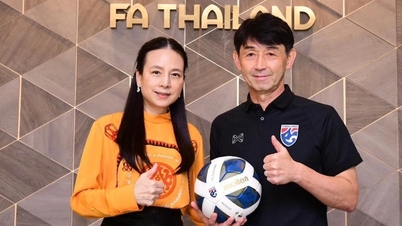

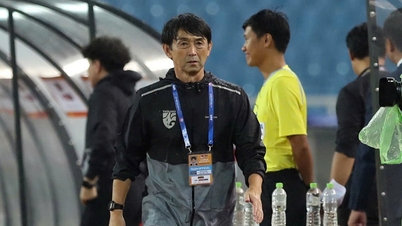









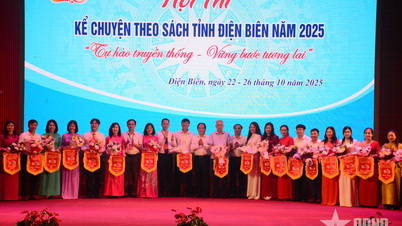



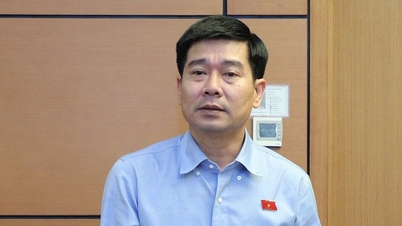









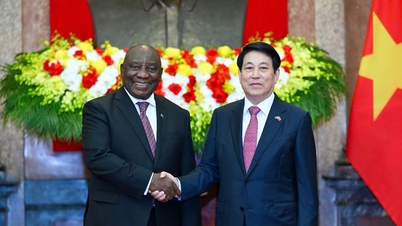




































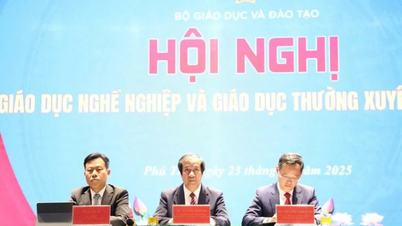
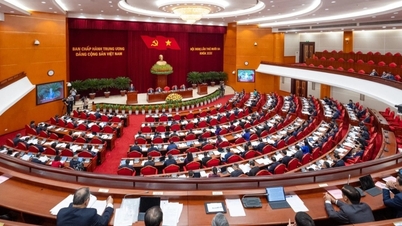
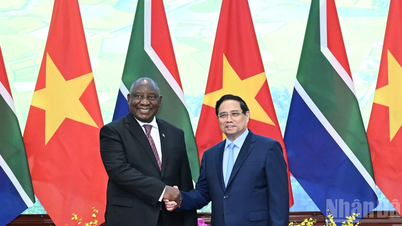
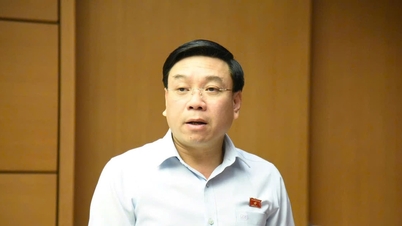


































Comment (0)